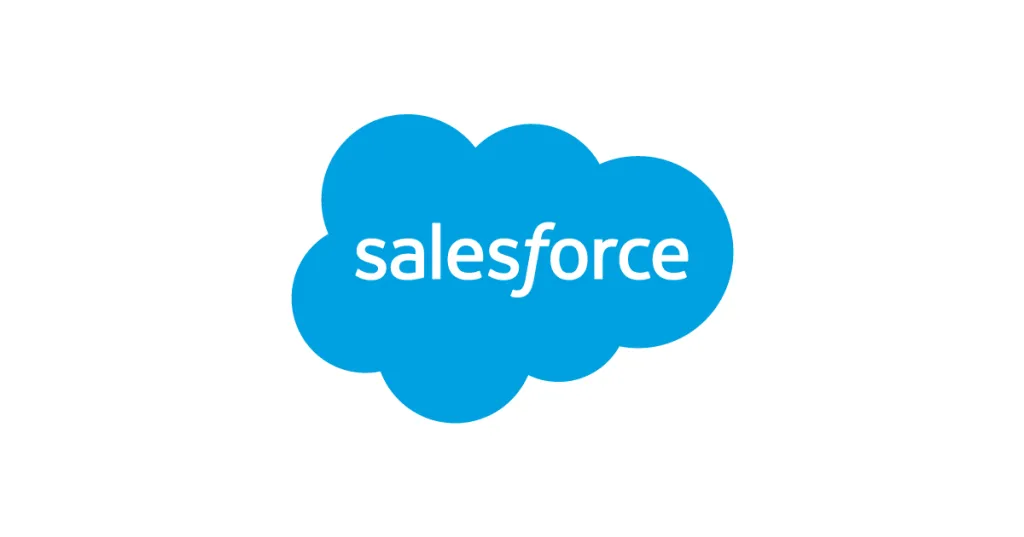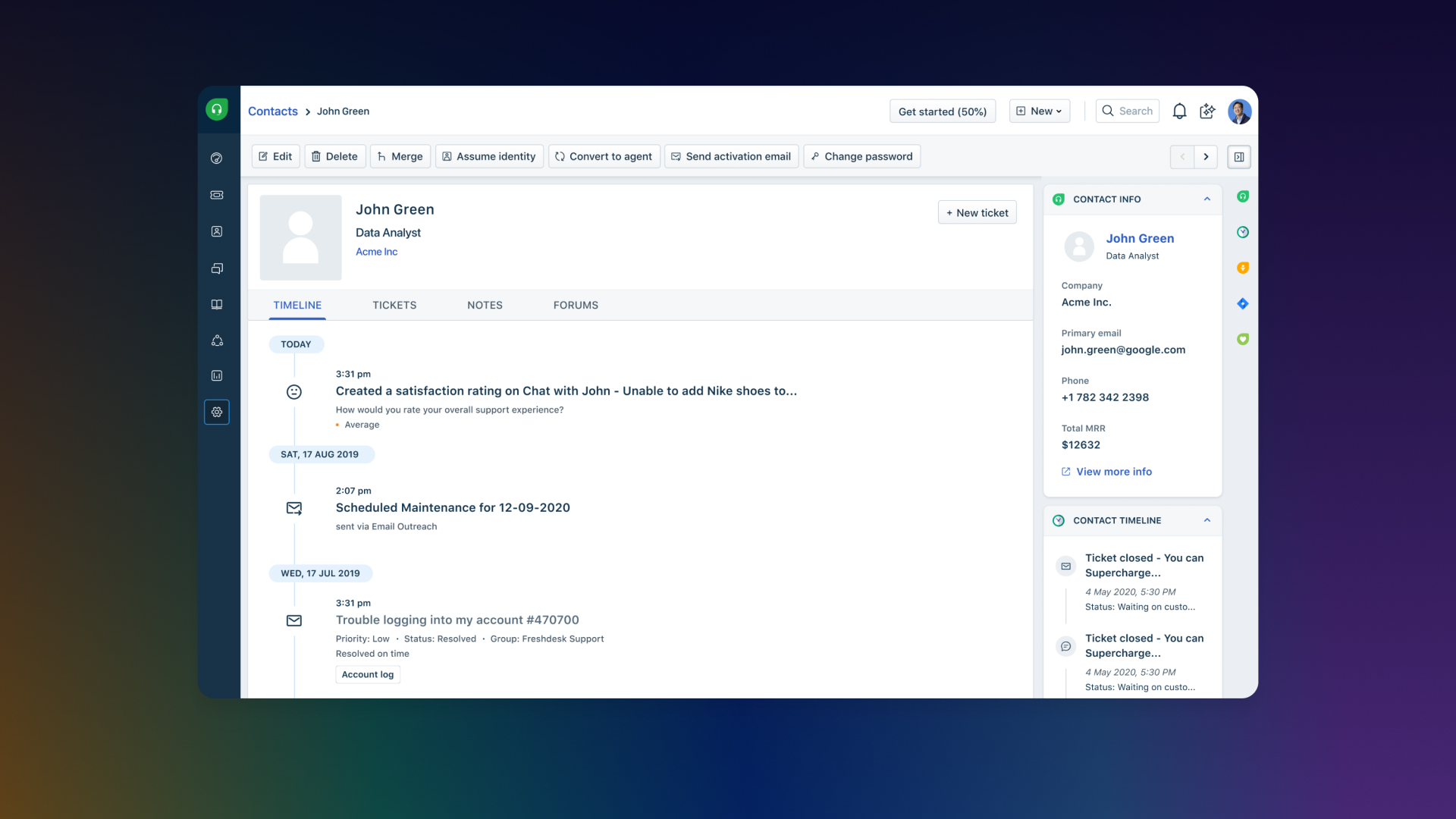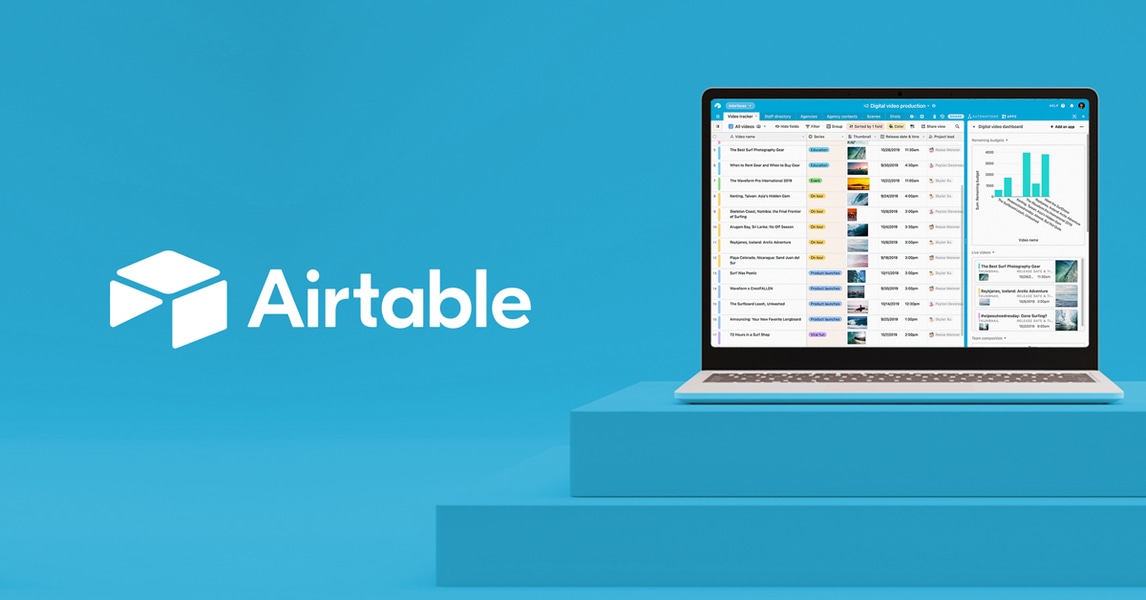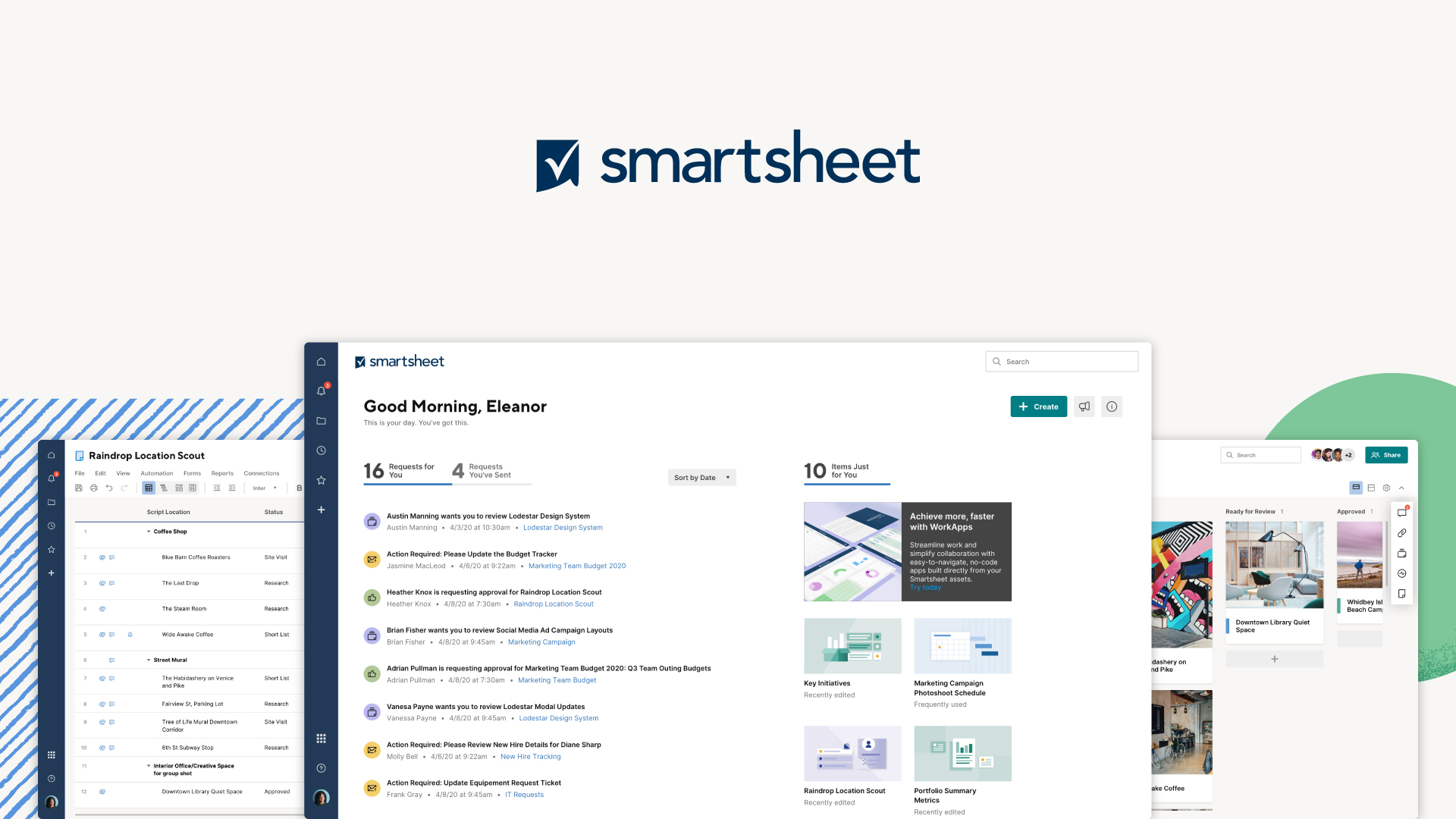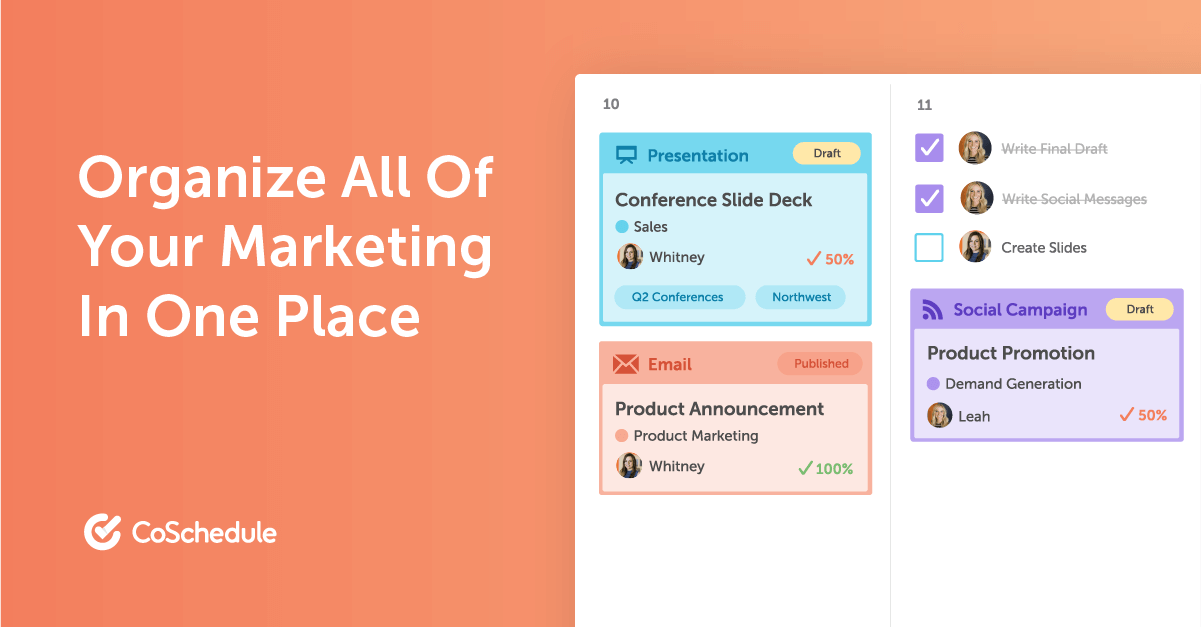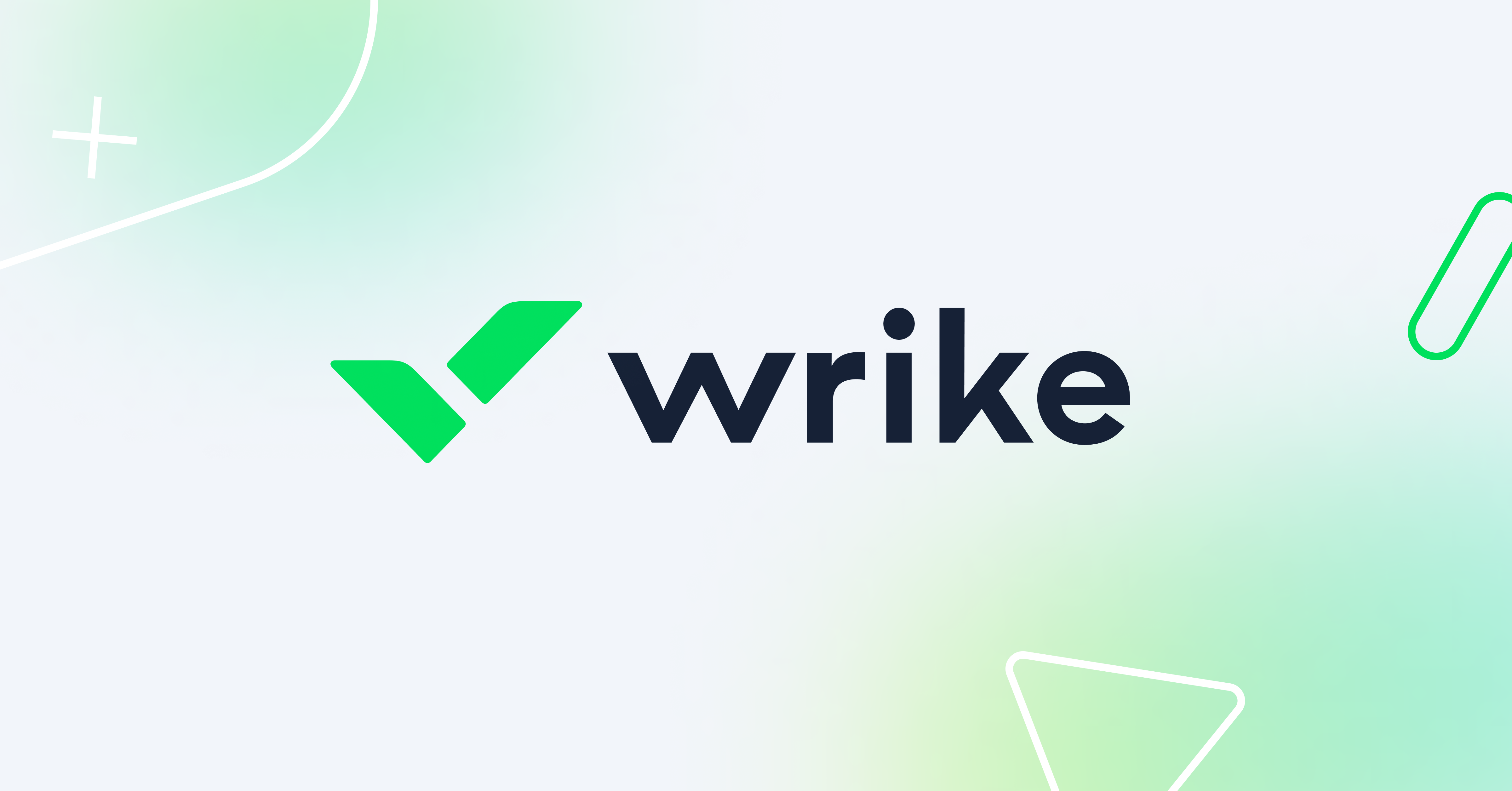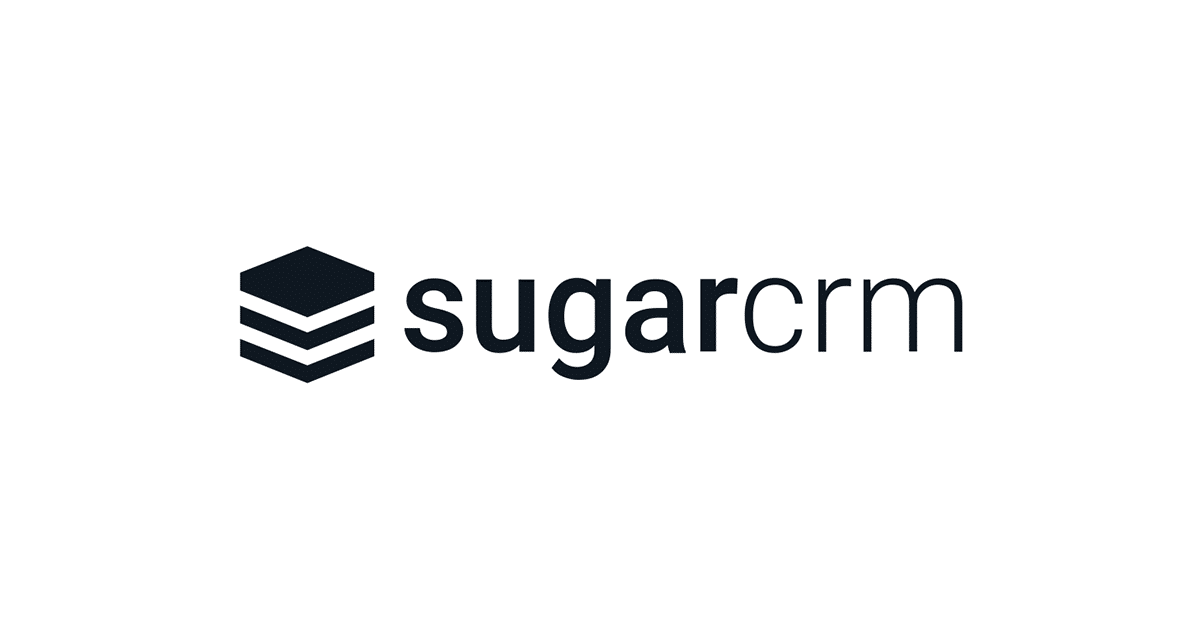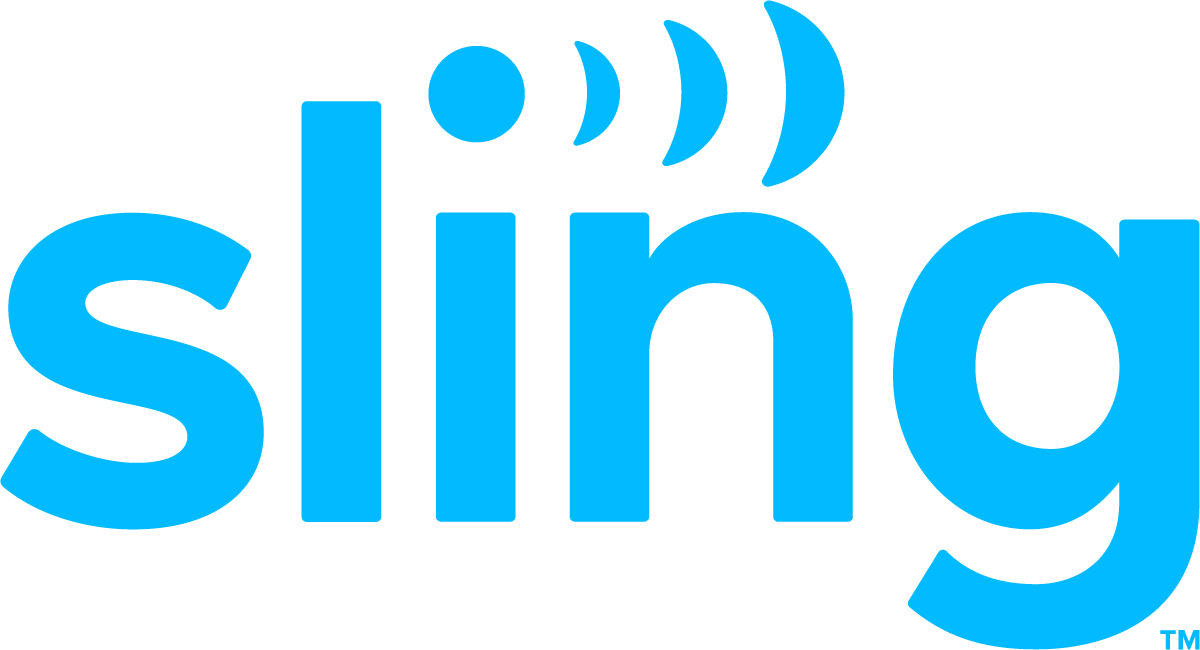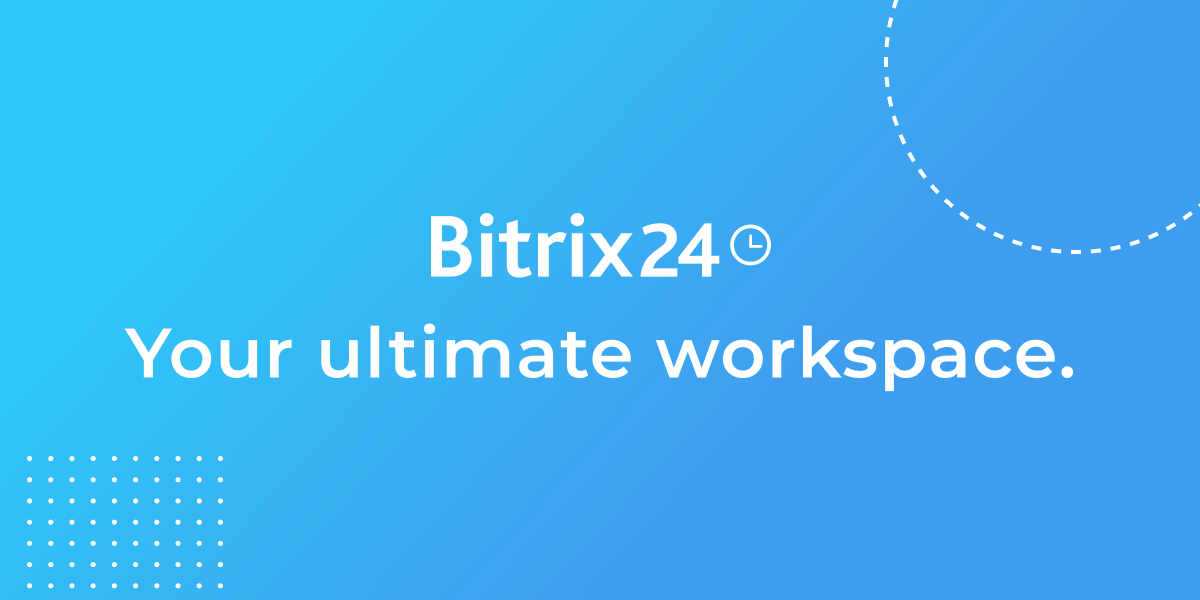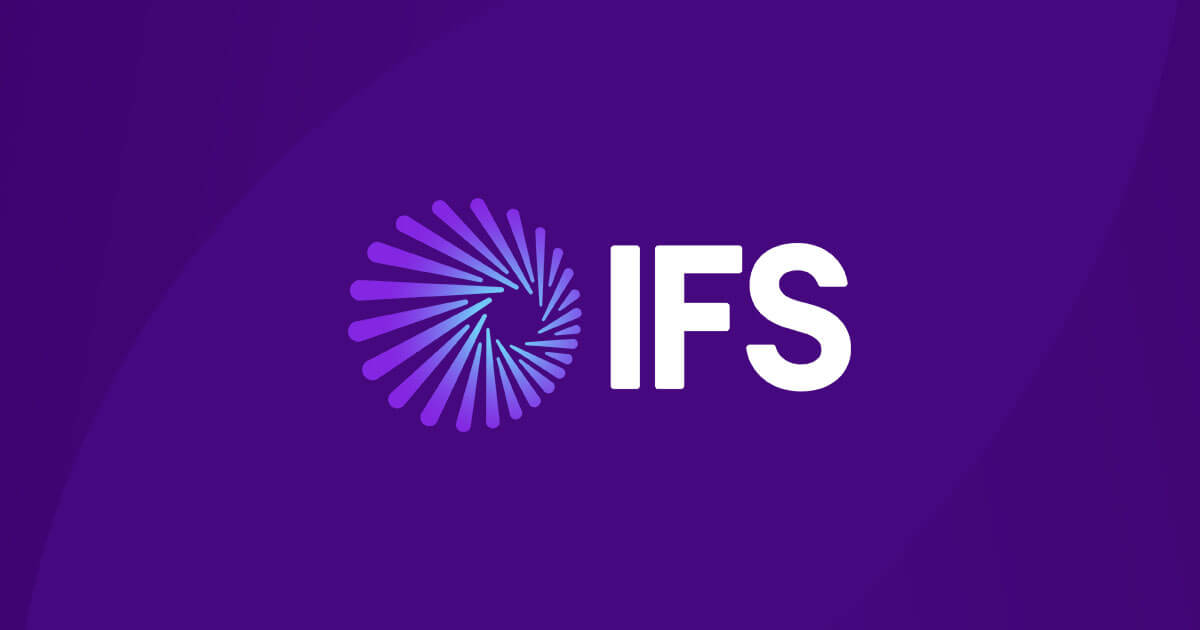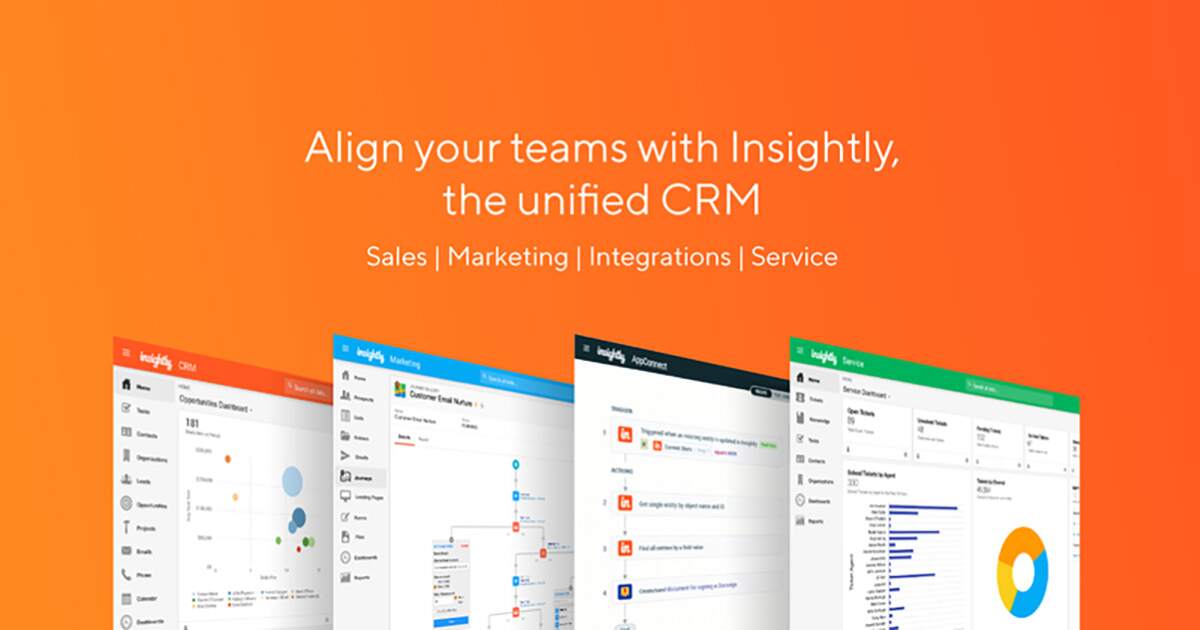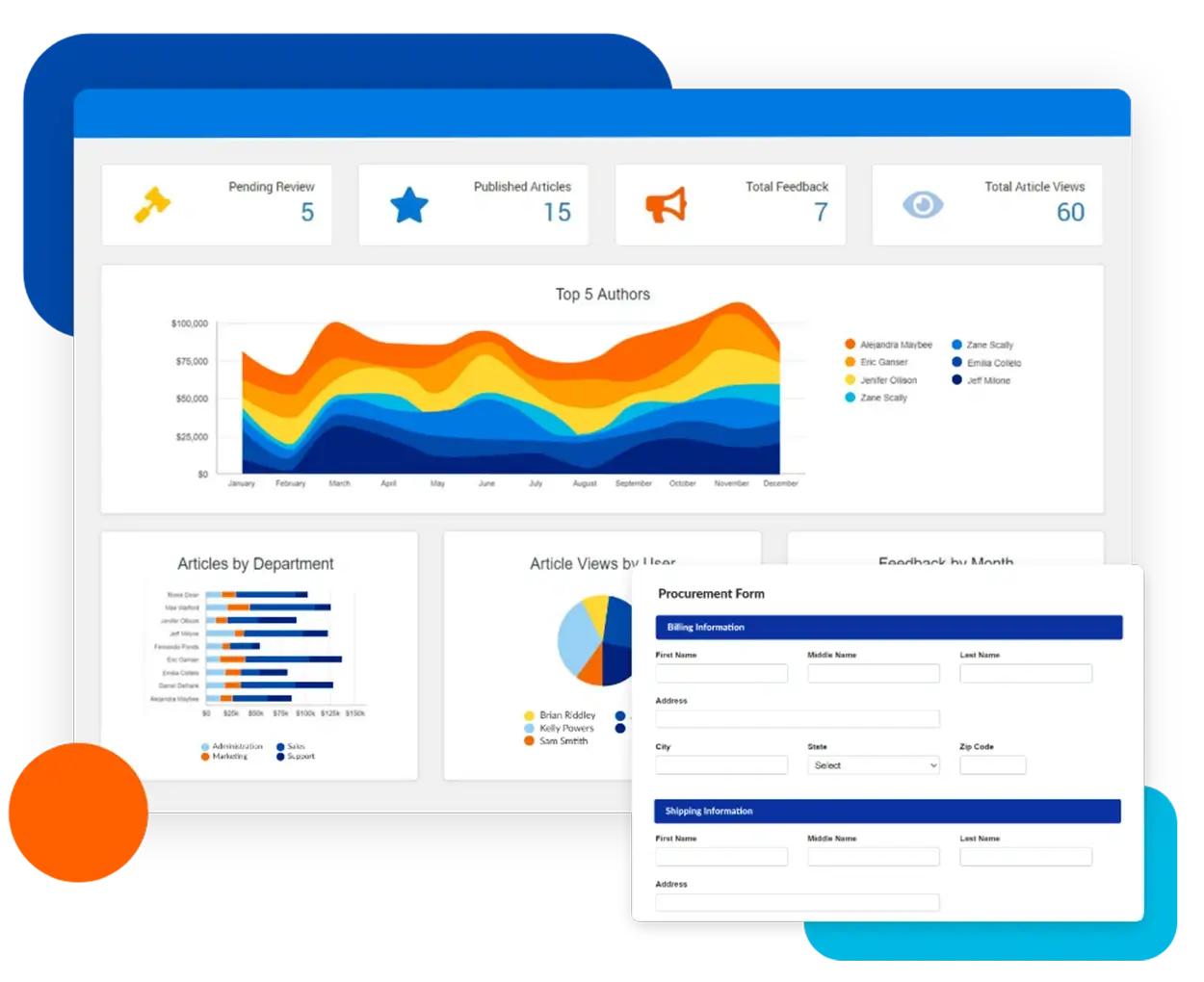Introduction
Managing a cleaning business requires overseeing many moving parts from scheduling jobs and crews to tracking invoices and customer communications. While doing so manually with spreadsheets leaves much room for errors, investing in the right cleaning services management software can bring your operations to the next level. This guide examines top solutions on the market and the unique value each one provides.
Methods of Evaluation
To rank the solutions, we took into account several critical factors including features, pricing, reliability, support, and popularity measured by online reviews, customer base size, and number of backlinks. Specifically, areas like job management, billing, reporting, mobile capabilities, and customization were evaluated. We also looked at integrations, uptime records, and training/documentation availability. The top providers exhibited comprehensive feature sets, competitive pricing, dedicated support options, and strong brand authority online as signaled by various online metrics.
1. Zendesk
Zendesk is a leading customer service software that helps companies manage customer relationships through support, sales and customer engagement. Founded in 2007, Zendesk now serves over 200,000 businesses including Google, IBM, and SolarWinds. The company continues to be recognized as an industry leader based on its ratings and reviews from customers.
Pros: Some key advantages of Zendesk include:
– Established leader for both CRM and helpdesk software
– Highly customizable tickets, support portals and workflows
– Robust platform with thousands of integrations and a large developer community
Cons: A potential disadvantage is that Zendesk offers fewer self-service capabilities and automation compared to some competitors which could make support more costly for companies with high volumes of similar requests.
Pricing: Zendesk pricing starts at $49 per agent/month for its Standard plan with additional fees for add-ons like live chat, CRM capabilities. Larger enterprises can request custom pricing tailored to their specific needs and volume.
Some key stats about Zendesk include:
– Serves over 200,000 customers worldwide
– Processes over 1 billion support requests per year
– Rated #1 customer service software by G2 Crowd for 8 consecutive years
2. Salesforce
Salesforce is a leading cloud-based customer relationship management (CRM) platform. Founded in 1999, Salesforce allows companies to manage leads, opportunities, accounts and support cases from anywhere. With over 150,000 customers worldwide, Salesforce has become the global leader in CRM software. For cleaning companies looking for a CRM solution, Salesforce offers a customizable platform to manage all customer relationships and data in one place.
Pros: Some key advantages of Salesforce for cleaning companies include:
– Highly customizable platform that can be tailored to a cleaning business’ unique workflow and processes
– Integrates with many third-party apps and technologies like Google, Microsoft, payment gateways and more
– Robust features for managing leads, customers, invoices, scheduling and more from a single platform
– Powerful reporting and analytics capabilities to gain insights into business performance
Cons: A potential disadvantage is the monthly subscription pricing model which requires an ongoing financial commitment compared to one-time license fees of some other CRM options.
Pricing: Salesforce offers different editions starting at $25 per user per month for the Professional edition. However, for most small to medium cleaning companies, the Performance edition for $65 per user per month provides more than enough functionality to manage the CRM needs of the business.
Some key stats about Salesforce include:
– Used by over 150,000 companies globally across industries
– Has over $26 billion in annual revenue
– Employs over 70,000 employees worldwide
– Continuously ranked as a leader in the Gartner Magic Quadrant for CRM
3. SAP Cloud for Customer
SAP Cloud for Customer is a customer relationship management (CRM) solution from enterprise software giant SAP. As one of the largest CRM platforms available, SAP Cloud for Customer offers a full suite of customer service, marketing, commerce and analytics capabilities to help businesses gain insights into their customers.
Pros: Key advantages of SAP Cloud for Customer include:
– CRM solution from a large enterprise vendor with vast resources
– Integrated customer service, marketing and commerce tools
– Built-in analytics and insights capabilities to understand customer behavior
Cons: A potential disadvantage is the large enterprise scope and complexity which comes with a solution from a large vendor like SAP. SAP Cloud for Customer may have a steeper learning curve and implementation timeline than smaller, more focused CRM platforms.
Pricing: Pricing for SAP Cloud for Customer varies based on the edition, users, and modules selected. Generally it starts at $150 USD per user per month for standard subscriptions.
Some key stats about SAP Cloud for Customer include:
– Used by over 12,000 companies worldwide
– Supports over 130 languages
– Processes over 1.5 billion customer transactions daily
4. Freshdesk
Freshdesk is a leading customer service software made by Freshworks. It provides omnichannel support across email, phone, chat and social media channels. Freshdesk aims to help businesses deliver exceptional customer experiences.
Pros: Some key advantages of Freshdesk include:
– All-in-one helpdesk that provides ticketing, knowledgebase and engagement features
– Highly customizable interface that can be tailored to your business needs
– Mobile apps for agents to triage and respond to customers on the go
– Interactive reporting dashboards to track support metrics and trends
Cons: One potential disadvantage is that the basic pricing plan has limitations on number of agents and tickets. For very large support teams, you may need to upgrade to a more premium plan.
Pricing: Freshdesk offers the following pricing plans:
– Free plan – For up to 3 agents with limited features
– Freshplan – Starts at $49/month per agent – Unlimited tickets and most features
– Freshdesk for Enterprise – Custom pricing for large enterprises with special requirements
Some key stats about Freshdesk include:
– Used by over 25,000 companies worldwide
– Supports over 40 languages
– Average customer satisfaction score of 4.5/5 stars
– Integrates with over 150 third party tools
5. Airtable
Airtable is a popular low-code/no-code platform for building custom applications without code. Founded in 2012, Airtable allows both technical and non-technical users to visualize data in customizable tables, automate workflows, and build user interfaces through an intuitive drag-and-drop interface.
Pros: Some key advantages of Airtable include:
– Low-code/no-code platform allows both technical and non-technical users to build powerful apps easily
– Integrations with hundreds of third-party apps allow deep customizations
– Intuitive interface makes it easy to create databases, forms, automations and more without code
– Ability to share and collaborate on projects in real-time
Cons: A potential disadvantage of Airtable is that it may be limited for very complex applications compared to fully-coded solutions. While it is very customizable, some specific functionality may require code for advanced integrations or features.
Pricing: Airtable offers multiple pricing tiers to fit different use cases and team sizes. The basic free personal plan provides access for up to 3 database tables. Paid professional plans start at $10 per month per user for access to unlimited tables and API utilization. Premium enterprise plans are also available for larger organizations.
Some key stats about Airtable include:
– Used by over 200,000 organizations including IBM, Google, and Apple
– Recognized as a leader in the G2 Winter 2023 Grid Report for Low-Code Development Platforms
– More than 10,000 integrations with popular tools like Excel, Google Sheets, Slack, Dropbox, and Zapier
6. Smartsheet
Smartsheet is a leading work and project management platform that enables organizations to plan, track, manage and report on work from a single integrated platform. Founded in 2005 and headquartered in Bellevue, Washington, Smartsheet provides a flexible and customizable platform for work collaboration and management.
Pros: Some key advantages of Smartsheet include:
– Project management and collaboration capabilities for distributed teams
– Customizable forms, dashboards and workflows to manage any kind of work
– Integrations with popular apps like Slack, Dropbox and Google Drive for a unified work experience
– Real-time visibility across projects with automated alerts and notifications
Cons: One potential disadvantage is that Smartsheet requires some configuration and setup for more complex workflows and process automation. It may not be as easy for non-technical users to build out very customized automated workflows compared to some competitors.
Pricing: Smartsheet offers various paid plans starting from $15 per user per month for the Basic plan up to $35 per user per month for the Enterprise plan. Discounts are available for annual subscriptions and additional capabilities like custom app development are priced separately.
Some key stats about Smartsheet include:
– Used by over 90,000 organizations worldwide including 83% of the Fortune 500
– Over 94 million worksheets created
– Integrates with over 200+ apps including Microsoft, Google and Zoom
– Available in 11 languages
7. CoSchedule
CoSchedule is a work management and social publishing platform designed specifically for marketers. Founded in 2011 and based in Washington, D.C., CoSchedule helps thousands of brands and agencies organize their marketing efforts.
Pros: Some key advantages of CoSchedule include:
– Centralizes content calendars, social publishing, and team collaboration in one place.
– Automated workflows that eliminate tedious manual tasks.
– Integrates seamlessly with the tools marketers already use like CRMs, email services, and calendar apps.
– Powerful analytics and reporting on campaign performance and team productivity.
Cons: A potential disadvantage is that the pricing may be prohibitive for very small businesses or solopreneurs on a limited budget.
Pricing: CoSchedule offers 3 different pricing plans:
– Basic: $49/user/month billed annually
– Pro: $99/user/month billed annually
– Enterprise: Custom quote based on team size and needs
Some key stats about CoSchedule include:
– Used by over 10,000 brands and agencies including Toyota, Anthropic, and Indeed.
– Integrates with over 200 apps including Hubspot, Google Calendar, Salesforce, and Mailchimp.
– Allows up to 10 users on the Basic plan and is scalable for larger teams.
8. Wrike
Wrike is a leading work management platform for organizations of all sizes. Founded in 2006 and based in San Jose, California, Wrike’s SaaS platform helps teams plan, manage, and complete work at scale. With over 4 million users, Wrike serves a wide range of industries including technology, healthcare, media, and manufacturing.
Pros: Some key advantages of the Wrike work management platform include:
– Feature-rich platform now targeting field service with new location services and work order capabilities
– Robust project management and collaboration tools to keep teams organized and on track
– Visual dashboards provide real-time visibility into project status and key metrics
Cons: One potential downside of Wrike is that its robust feature set can make the platform complex for smaller teams or those with simpler needs. The learning curve may be steeper compared to some lighter project management alternatives.
Pricing: Wrike offers three pricing tiers – Basic, Professional, and Enterprise. Pricing starts at $9.80 per user per month for the Basic plan and scales up in features and costs for the Professional and Enterprise plans suitable for bigger teams and companies.
Some key stats about Wrike include:
– Over 4 million users globally
– Available in over 45 languages
– Integrates with over 250+ apps including Slack, Jira, GSuite, and MS Office
– Used by organizations like Ford, Cisco, and McKinsey
9. Pipedrive
Pipedrive is a sales CRM and pipeline management software. Founded in 2010 and headquartered in Estonia, Pipedrive helps over 95,000 customers manage leads and organize their sales pipeline in one place. Pipedrive provides a customizable CRM platform focused primarily on sales teams. With tools like customizable pipelines, relationships, and integrated apps for marketing and support, Pipedrive aims to help users close more deals.
Pros: Some key advantages of Pipedrive include:
– Affordable pricing focused primarily on sales teams
– Customizable workflows and pipelines to model your sales process
– Ability to see relationships between contacts, deals, and activities
– Integrated apps for marketing and customer support functions
Cons: A potential disadvantage of Pipedrive is that it lacks some functionality of larger CRM platforms like Salesforce. Pipedrive focuses solely on sales and does not offer the same level of functionality for marketing automation, customer service, collaboration, or analytics found in larger CRMs.
Pricing: Pipedrive offers four pricing tiers:
– Starter – $15/user/month billed annually
– Premium – $25/user/month billed annually
– Professional – $45/user/month billed annually
– Elite – Custom pricing
All plans include basic CRM features. Higher tiers provide additional users, deals, advanced workflows, and integrations.
Some key stats about Pipedrive include:
– Over 95,000 customers worldwide
– Available in over 180 countries
– Integrates with over 300+ apps including Hubspot, Mailchimp, Zapier, and Slack
– Named a leader in Forrester Wave for CRMforSalesin 2021
10. SugarCRM
SugarCRM is an open-source CRM platform founded in 2004. It provides comprehensive CRM capabilities like contact management, marketing automation, sales management, customer support and analytics. With over 10,000 customers globally, SugarCRM aims to help businesses create customers for life with an intelligent and customizable CRM platform.
Pros: Some key advantages of the SugarCRM platform include:
– Comprehensive open-source CRM platform with sales, marketing, support and analytics capabilities
– Highly customizable workflows and automations to suit unique business needs
– Intuitive mobile apps for iOS and Android to access CRM on the go
– Extensible platform allowing integration with various 3rd party tools and extensions
Cons: One potential disadvantage could be the learning curve for customizing the platform according to specific business needs compared to more simplistic, out of the box hosted CRM solutions.
Pricing: SugarCRM offers different pricing plans depending on the number of users and desired features. The standard edition is free for up to 3 users. Paid plans start from $25/user per month for the professional edition.
Some key stats about SugarCRM include:
– Used by over 10,000 customers globally across all industries
– Available in over 30 languages
– Customizable platform with over 1000+ extensions available on the app store
– Integrates with over 250 applications including Microsoft, Google, Slack etc.
11. Sling
Sling is a leading TV streaming service that allows users to stream live and on-demand TV over the internet. They offer a flexible and cost-effective alternative to traditional cable and satellite TV with no long-term contracts. Users can stream live TV channels on their favorite devices including iOS, Android, Apple TV, Roku and more.
Pros: Some key advantages of Sling TV include:
– Flexible and affordable streaming options compared to traditional cable.
– Wide channel selection includes popular networks for entertainment, news and sports.
– Enjoy live TV anywhere by streaming on supported devices through the Sling TV app.
– Cloud DVR allows recording shows to watch later on the go.
Cons: A potential downside is the limited channel selection compared to cable packages. Some popular networks like local channels and premium movie channels are not included in Sling TV packages.
Pricing: Sling TV offers flexible subscription packages starting at just $35 per month. The Orange package includes ESPN and Disney channels while the Blue package features Fox, NBC, and Discovery channels. Users can also bundle the two packages for $50 per month to access the full content library.
Some key stats about Sling TV include:
– Over 50 live TV channels available including ESPN, CNN, Food Network, TNT and Discovery.
– Available on a wide range of devices including smartphones, tablets, computers, streaming media players and smart TVs.
– Multiple package options starting at just $35/month with no additional fees or equipment costs.
– Users can stream on up to 3 screens simultaneously.
12. Bitrix24
Bitrix24 is an all-in-one platform for managing business processes, teams and customer relationships. It offers a CRM, project and tasks management, online meetings and messaging in one integrated platform. The platform is designed to be customized according to each business’ unique workflows and processes for maximum efficiency.
Pros: Some key advantages of Bitrix24 include:
– CRM and project management platform in one integrated system
– Collaboration tools like tasks, calendars and messaging for teams
– Customizable workflows and automated processes to streamline work
– Integration with third party tools via connectors and API
– Free basic plan for smaller teams to manage essential functions
Cons: A potential disadvantage is the learning curve to fully customize and maximize the powerful automation tools. It may take time for companies to learn how to develop workflows and integrations that are optimized for their specific needs.
Pricing: Bitrix24 offers a free basic plan as well as paid team plans starting at $15/user per month. The team plans unlock additional features for sales, marketing, customer support and management within larger organizations.
Some key stats about Bitrix24 include:
– Used by over 150,000 companies worldwide
– Available in over 35 languages
– Integrates seamlessly with other tools via over 500 connectors and app marketplace
– Supports customization through no-code tools and developer API
13. IFS Cloud
IFS Cloud is an all-in-one enterprise resource planning (ERP) software solution developed by IFS, a global enterprise software company. IFS Cloud aims to help organizations optimize their resources through its integrated suite of applications for ERP, enterprise asset management (EAM), field service management (FSM) and enterprise service management (ESM).
Pros: Some key advantages of IFS Cloud for cleaning companies include:
– All-in-one platform to manage finances, operations, maintenance and field service activities
– Intuitive interfaces to optimize workflows and tasks
– Built-in capabilities for automated task scheduling and dispatch
Cons: A potential disadvantage is that IFS Cloud requires investment in implementation and customization to fully leverage its capabilities for specific industry and business processes.
Pricing: IFS Cloud pricing is customizable based on several factors like number of users, modules, industry template and support requirements. Generally, clients can expect a total cost of ownership (TCO) in the range of $50-$150 per user per month based on annual subscription models.
Some key stats about IFS Cloud include:
– Used by over 10,000 customers worldwide across various industries such as manufacturing, energy, telecom and utilities
– Features a portfolio of 30+ pre-built industry templates
– Supports 25+ languages with localized implementations
14. Insightly
Insightly is a versatile CRM platform designed for small and medium sized businesses. Created in 2005, Insightly helps over 50,000 organizations better manage contacts, communications and workflows. Ideal for cleaning services, Insightly offers client and contact management, scheduling, reporting and other features to help cleaning businesses run more efficiently.
Pros: Main advantages of Insightly for cleaning services include:
– Affordable pricing plans starting at $25/user per month
– User friendly interface that doesn’t require training
– Flexible scheduling and route optimization tools
– Customizable forms and templates to track job details
– Role-based access controls and per-user permissions
Cons: One potential downside is that Insightly may not offer as advanced features compared to higher-priced CRM alternatives. The capabilities are sufficient for most small cleaning businesses but larger enterprises may need additional functionality.
Pricing: Insightly offers three main pricing tiers:
– Standard ($25/user per month)
– Professional ($50/user per month)
– Elite ($75/user per month)
All plans include basic CRM features. Upgrading provides additional storage, roles, and integrations.
Some key stats about Insightly include:
– Used by over 50,000 organizations worldwide
– Intuitive mobile and desktop apps for iOS and Android
– Customizable platform that can be tailored for cleaning services needs
– Integrations with over 100 apps like Gmail, Outlook, QuickBooks, and more
15. Caspio
Caspio is an award-winning low-code platform that allows users to build powerful online database applications without having to write code. Founded in 2001, Caspio enables both technical and non-technical users to automate workflows, share data and collaborate through customized web and mobile applications.
Pros: Key advantages of using Caspio include:
– Affordable pricing with no long term contracts required
– Intuitive visual interface makes app building simple with little training
– Robust features for building forms, reports, workflows and more
– Scales smoothly from small single-user apps to larger enterprise solutions
Cons: Potential disadvantages include:
– Limited capabilities for more complex multi-page applications
– Some advanced integrations may require Caspio’s code modules
– Support is primarily self-service through knowledge base articles
Pricing: Caspio offers three pricing tiers:
– Basic Plan starting at $25/month
– Pro Plan starting at $75/month
– Business Plan starting at $150/month
All plans include basic support and scalability. Higher tiers provide additional features like increased storage capacity and support.
Some key stats about Caspio include:
– Over 10,000 customers worldwide across various industries
– Supports building apps on any modern web or mobile browser
– Processes over 1 billion form submissions each month
Conclusion
Selecting cleaning services software requires weighing your specific business needs and budget. But the providers highlighted often emerge as leaders due to delivering robust functionality, flexibility, and support at fair prices. Taking the time to test-drive top options can help you uncover the right fit to streamline operations, please clients, and take your business to new heights in the new year.





